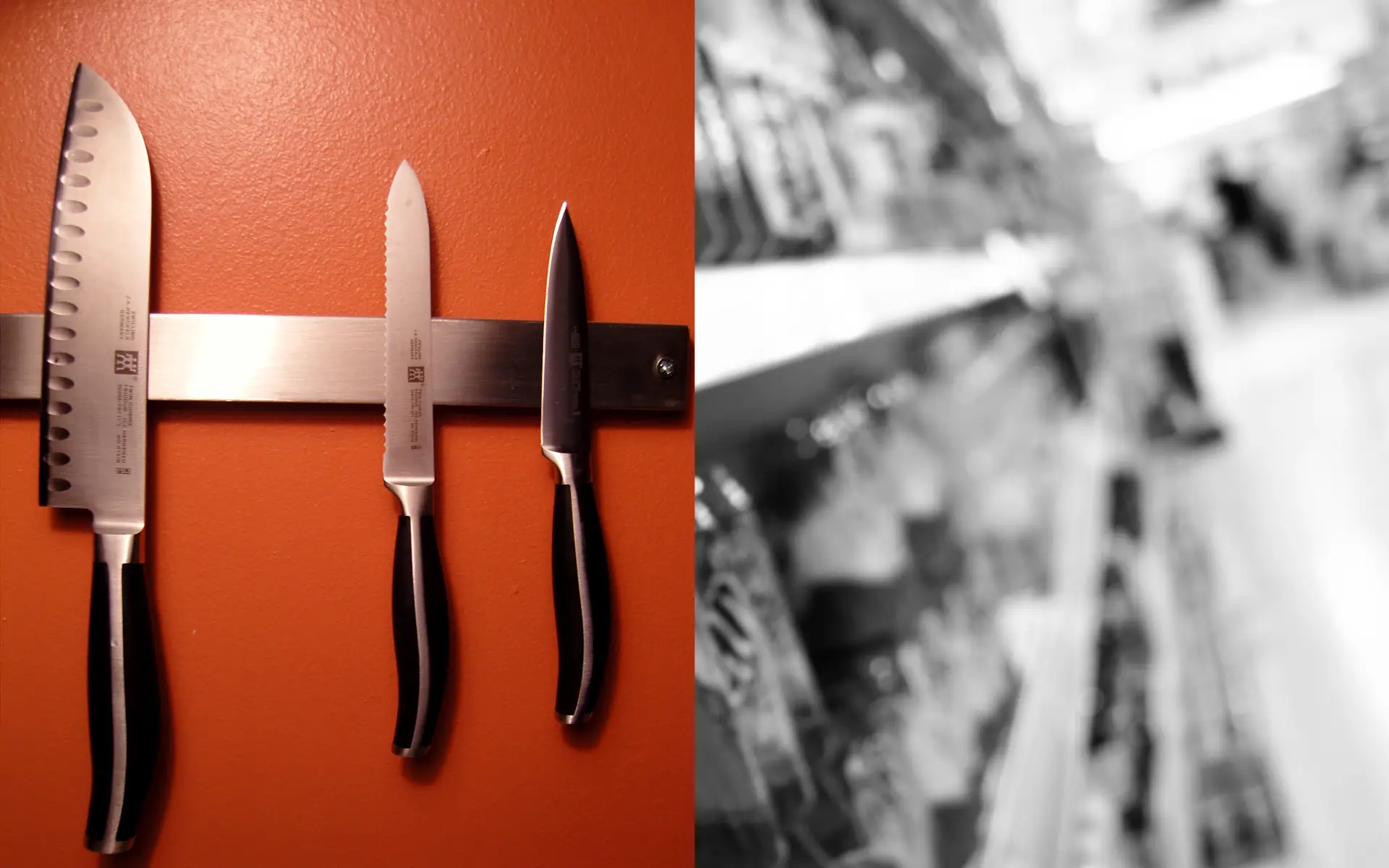Over the last year the hospitality industry has suffered a massive blow. The impact of the Covid pandemic and other factors has led to what is now being described nationally as a ‘hospitality crisis’.
This is the third in a series of articles by News OnTheWight, as we take a deep dive into the hospitality industry on the Island and explore how and why it been affected. See Part One and Part Two in the series to get the full picture.
Michael’s story
Today, we speak with a chef who had been in the industry for 20 years, and after taking a role in a supermarket last year, has decided to stay there for at least another 12 months.
After training for three years in hospitality and catering at the Isle of Wight College, Michael began his career at a restaurant in Cowes. In 2000 he moved on to a large Isle of Wight hotel, where he remained working until last year.
Catering was his life
Michael loved the job, he was second chef in command, it was a ten-minute walk from home, his employers were “really good people to work for” and when the hotel was taken over by a national chain, he says he received “slightly better wages and incentives”.
Catering was his life and all he wanted to do after leaving school.
Short furlough then redundancy
However, a couple of months after being furloughed last spring all staff at the hotel where Michael worked were told they’d been made redundant and the company would cease trading.
Michael immediately started looking for jobs in the industry. A position came up at St Mary’s Hospital which he applied for, but was unsuccessful and told that hundreds of people had applied.
He tried care homes and other locations, but found there was just too much competition.
Joined the supermarket night crew
By late June 2020, a friend of Michael’s, who worked in a large supermarket on the night crew, suggested he try the same. Michael gave it a go and soon found himself working there five nights a week.
Once cafes and restaurants started opening again in July and August, he made the decision to stay with the supermarket as he believed the disruption of Covid wasn’t over and that he had better job security by staying at the supermarket.
Go back to old job or stay at supermarket?
Early last month, a year on from being made redundant, Michael saw his old job advertised and had to make the decision to either go back to the hotel or stay were he was.
“You look back at things with rose tinted glasses. When I was first laid off I was upset, I loved working there and catering was my life.
“After doing 60 hour weeks and getting paid for 40, told ‘it’s swings and roundabouts, you’ll get it back in the winter’, we didn’t.
“Where I am now the choice is mine, I can choose how many nights I want to work. I can spend time with my sister and her family, I can spend time with my nieces and nephews. I can go down to the beach with the little ones and they get time with their uncle.”
“Now the time is my own if I want it to”
Michael added,
“In catering, your time is never your own.
“One example is that my mobile phone was full of contact numbers for suppliers, greengrocers, milkmen, butchers, wholesalers that I would have to ring up in my own time because there were not enough hours in the day. Even if I was off sick, someone would ring from the hotel asking me to help out by contacting a supplier.
“Now the time is my own if I want it to.”
A chance to re-evaluate what’s important
Christmas 2020 was the first Christmas Day Michael hasn’t worked in 20 years. He was able to spend time with his family and cook for seven people rather than 200,
“And I loved every second of it, that was really special.”
He added,
“If anything good can come out of this pandemic, it’s that people have had a chance to re-evaluate what’s important to them.”
What might tempt you back?
What would tempt you back into the industry, we asked Michael. He replied,
“I love cooking and the adrenaline rush from a great service is something else. I’ve got everything still, my bag of knives, my whites, if the right thing comes along in 12 months or so, maybe I can fit back in.
“Right now this is a good time to step back and enjoy what’s good in life.”
Michael added that those who are salaried can end up working a 60 hour week, but only be paid for 40 hours,
“If I knew I could go back into the job and I was getting an acceptable hourly rate [which he felt was £12], and if the coaches turn up late because of the boats, it doesn’t matter, I’m still getting paid, that’s the key.”
A skilled profession that often feel undervalued
Catering comes with great responsibility. Michael and his team had to feed 200 people inside 90 minutes and the food had to be well-presented and hot – something that was a challenge if the equipment was not working well.
He explained that if anything goes wrong, one undercooked piece of chicken for example, the worst case scenario for a case of food poisoning is a ten year sentence.
“People expect good food and quite often they’re not willing to pay for it.
“We’re a skilled profession that often feel undervalued. There are times we have felt we were just expected to provide amazing meals in an instant and without any sort of pat on the back.”
More to come
News OnTheWight is seeking to tell this story from all angles.
Look out for the next part in our Hospitality Deep Dive series, when we’ll be hearing from the head of Visit Isle of Wight.
Image: bradleypjohnson under CC BY 2.0 and takkaria under CC BY 2.0





